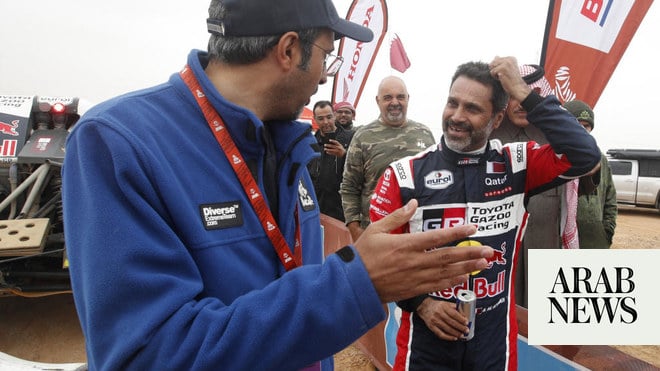
irst, the elephant in the room. The rebooted AFL premiership season is not fair. It will not be conducted on a level playing field, at least initially. The name of the eventual premier, Godspeed we get that far, will forever be burdened with the mother of all asterisks. For 2020 was the year of the coronavirus, the year all hell broke loose. Now that we’ve cleared that up, the question should be asked if this was in any way avoidable or if, in the greater scheme of things, it’s all that bad anyway.
The AFL’s job was to get the competition back up and running, to salvage something from the wreckage of Covid-19. In finding a way it had to satisfy two chief taskmasters: its broadcast imperative and, more importantly, the health and safety of its participants and the broader community. In announcing 11 June as the start date for round two, it has delivered on that. But nobody ever said it would be fair to all. “Today is a significant step in getting footy back for everyone,” AFL chief executive Gill McLachlan said on Friday. “Our industry understands the opportunity we’ve been given and we also fully understand and accept our responsibility.”
The truth is, the resurrection of this premiership season could never be about equality. The idyll of the fly-in, fly-out model was the code’s best shot at equity, but once that was off the table the AFL could do no more than cut its coat according to its cloth. The greater good would always trump the needs or wants of an individual club. As Sonny Bill Williams so sagely once said, if you try to please everyone there’s going to be endless struggles.
The fate of the four clubs from Western Australia and South Australia was sealed when their respective governments stood firm on quarantine exemptions. So West Coast, Fremantle, Adelaide and Port Adelaide will initially be hubbed in isolation on luxury golf resorts on the Gold Coast, their home away from home. With fixtures to be held at Metricon Stadium and the Gabba, every game will be an away game for these four clubs unless the situation in their home state alters. It’s a situation far removed from ideal, but it’s not the doing of the AFL and nor is it the product of a pro-Victoria bias that might well pervade in other areas of the game’s administration.
Still, the cries of foul have been equal parts loud and predictable in recent days. “It appears to me Victorian clubs aren’t willing to leave their comfort zone and come over here to hub in Western Australia, yet they expect our teams to go over there,” WA’s premier Mark McGowan said. “It’s a little bit rich and it seems to me they’re a little bit pampered and they should be prepared to do the hard yards and go somewhere else.” Port Adelaide chairman David Koch has spoken of being at a “severe disadvantage to the big Melbourne clubs”. Though there are grains of truth in both sentiments, the bigger picture is asking that all and sundry just get on with it.
That’s not to say something cannot be done about a competitive disadvantage that might skew the outcome of a season like no other. The Eagles, one of this season’s premiership fancies, are lobbying the AFL for a sequence of games at Optus Stadium to close out the regular season. “We were all aligned that Gold Coast is the best option for climate and training facilities,” West Coast football manager Craig Vozzo said. “We need to be flexible and are working to get a reasonable run of home games after that.” Sydney coach John Longmire, too, has called on the AFL to provide assistance for the affected clubs. “Everyone aims for a level playing field and everyone talks about it a lot but the reality is, it’s far from level,” Longmire said on SEN.
In fairness to the AFL, it sounds like it wants to help. For the Crows and Power, who will need to relocate to Queensland prior to 25 May to be able to join the rest of the competition in full-contact training, their prolonged absences from home will be made more bearable by the allowance of family members at their Gold Coast residences. In announcing it will release the fixture in four-to-six-week blocks, the AFL has given itself wiggle room should the need for correction become apparent. “We know we’re going to need to retain maximum flexibility with the fixture to allow for home games in each state should circumstances change,” McLachlan said. “I feel confident that how we will start is not how we’ll finish.”
The AFL has ticked the requisite boxes with regards to government approval and health and safety protocols. All players have now been tested for Covid-19 and they’ll be tested twice a week once training and competition resumes. McLachlan means it when he says the AFL needs to “prioritise the health and welfare of everyone”.
But he also knows the path separating the now and a mid-October grand final is littered with hazards. Safeguarding health and safeguarding the viability of the AFL season are pursuits one and the same. One slip-up and the next stop might be the drawing board. “It’s going to require discipline and resilience from all our players and all our football staff and that’s our commitment to the community and the government,” McLachlan said. The revamped 2020 season might not be fair to all. But if everything goes to plan, footy will soon be back. And that’s fairly good in anyone’s book.












